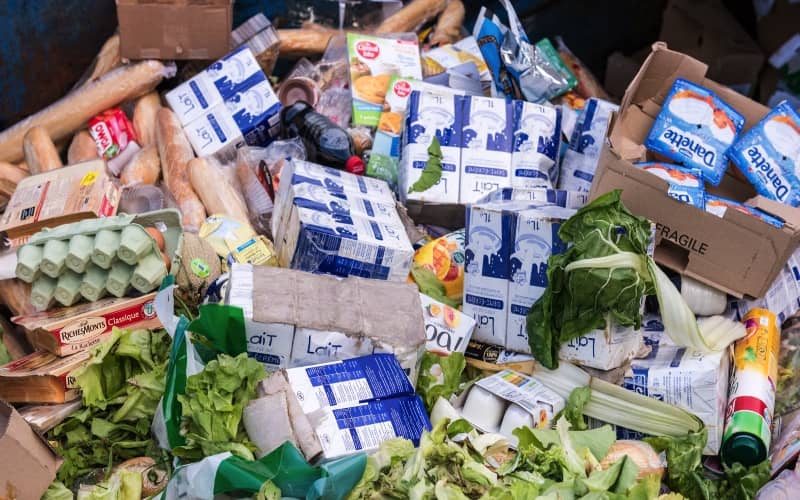Ramadan in Morocco: Food Waste Surges Despite Month’s Spiritual Focus

In Morocco, while the month of Ramadan is known as a great moment of faith, it is also that of unsuspected food waste. This is a behavior that goes against the primary vocation of this important month in the life of the Muslim.
The recurring phenomenon is explained by the impulsive, psychological change of most Moroccans, determined to stock up on food in order to hold out during this great moment of faith, where one is ready to do anything not to lack anything. "The Moroccan consumes without limit and always more," admits Ouadie Madih, the president of the National Federation of Consumer Associations (FNAC), who deplores that the consumer buys more than he can consume.
According to studies by the International Center for Advanced Mediterranean Agronomic Studies (CIHEAM) and the Food and Agriculture Organization (FAO), during Ramadan, 45.1% of Moroccan families throw away the equivalent of 6 to 51 dollars, or 60 to 500 dirhams, reports the MAP, adding that according to a report recently published by the FAO, "each Moroccan throws away 91 kilograms of food per year". This is happening while two-thirds of Moroccan households ensure their food expenditure below average, according to the United Nations World Food Program (WFP).
Pushing his analysis beyond "material" waste, Madih emphasized the social impact of the phenomenon, since the author of the waste deprives another person in need of the product thus thrown in the trash. And, in addition to its ethical dimension, food waste also has an environmental one, "because often we throw away still edible food," laments Madih, stressing that any waste will not be without consequences for future generations, particularly in terms of water consumption.
He also urges the consumer to change behavior. This involves education at school and political and associative initiatives, because the consumer must absolutely integrate that it is unacceptable to throw away food that could have been used and that the approach that is worth it is rather the one aimed at increasing agricultural production to feed a growing world population.
Aware that this is a long-term battle, consumer rights advocates call on all actors in the food chain, from producer to consumer, including industrialist, distributor and restaurateur, to be more responsible.
Article originally published in May 2021
Related Articles
-

Summer Exodus: Morocco’s Northern Cities Empty as School Year Looms
25 August 2025
-

Moroccan Officials Flee Corruption Crackdown, Escaping to Spain and US
25 August 2025
-

Morocco Loses €12M German Investment as Political Roadblocks Derail 300-Job Factory Project
25 August 2025
-

Morocco’s Finance Ministry Invests 2.6 Million Dirhams in Amazigh and English Language Training
25 August 2025
-

Berlin Protest Ignites Global Outcry: LGBTQ+ Activist’s Arrest Sparks Freedom of Speech Debate in Morocco
25 August 2025